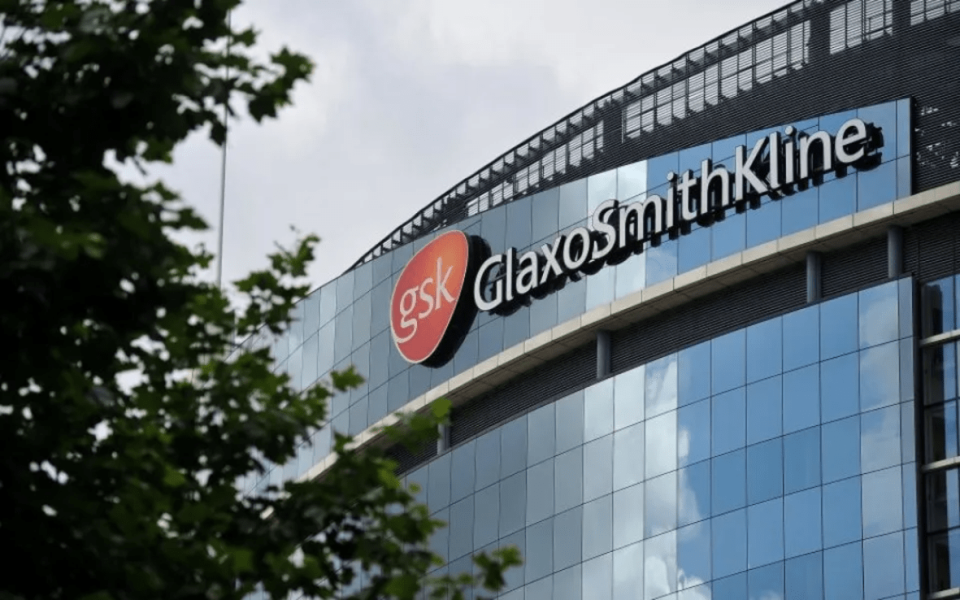GSK: How much could the Zantac lawsuits cost?

Pharma giant GSK is in hot water as it faces a barrage of lawsuits over its heartburn drug Zantac, which tens of thousands allege has caused them to develop cancer.
A US court ruling on Friday has significantly increased the stakes for the company, after a judge ruled that scientific evidence presented by lawyers in more than 70,000 cases was valid.
GSK and the other drugmakers involved, Pfizer and Sanofi, dispute the claims that Zantac causes cancer and GSK has said it plans to appeal the Delaware ruling.
Following this decision, the London-listed firm’s shares plunged almost 10 per cent, making it the largest drag on the FTSE 100 on Monday.
The financial implications for GSK could be enormous and the lawsuits, the first of which was settled in June last year, are weighing on the company’s reputation and value.
AJ Bell investment director Russ Mould, said it has “thrown a significant spanner into the works” after investors had reached a point of some comfort when GSK’s Zantac recently appeared to be running out of steam. Just last month a court in Illinois rejected an individual’s claim that Zantac caused cancer.
“In the short term this just pours more uncertainty over the investment case,” he said.
Cost estimates
Shore Capital analysts recently estimated that up to $30bn (£24bn) for litigation was already priced into GSK’s shares.
In 2022, Morgan Stanley analysts estimated the industry’s potential liability figure at up to $45bn (£35.3bn).
Since last summer, a combined $40bn (£31.5bn) has been wiped off the market value of large pharmaceutical groups linked to the drug, which was one of the best-selling in medicines in history. It was one of the first to hit $1bn (£787m) in annual sales but was pulled from shelves in the UK in 2019 and the US a year later.
Citi analysts estimate $3bn (£2.4bn) in settlement costs related to Zantac. At the same time, Redburn Atlantic has said the litigation “will settle for a figure far smaller than that implied in the share price, namely $10-15bn (£7.9bn to £11.8bn).” It expects the figure to be around a tenth of this.
City A.M. understands that GSK has not set aside any provision for liability beyond legal expenses to defend the litigation. Last year, the company revealed it paid a £45m legal bill in 2022 in dealing with the various claims.
Similar cases and how much it cost
Although settlement costs are only estimates at this stage, there are plenty of examples of how much of a headache this could become for GSK.
Johnson & Johnson (J&J) has faced similar litigation over its talc products such as baby powder, which tens of thousands allege caused cancer.
In response, J&J has proposed a nearly $6.5bn (£5.1bn) settlement to resolve nearly all the lawsuits, part of an $11bn (£8.7bn) reserve to address over 59,000 claims.
The American firm maintains that the cases lack merit but stopped selling talc-based baby powder in the US in 2020 and globally in 2022 due to declining demand.
Similarly, German pharmaceutics company Bayer AG has set aside $16bn (£12.6bn) to resolve lawsuits over its Roundup weedkiller, which is claimed to cause cancer due to its key ingredient, glyphosate. About $10bn (£7.9bn) of that reserve has been spent so far, a company spokesman said last week.
Bayer strongly disputes this wave of litigation and chief executive Bill Anderson has described it as an “existential” threat to the company.

 Yahoo Finance
Yahoo Finance 